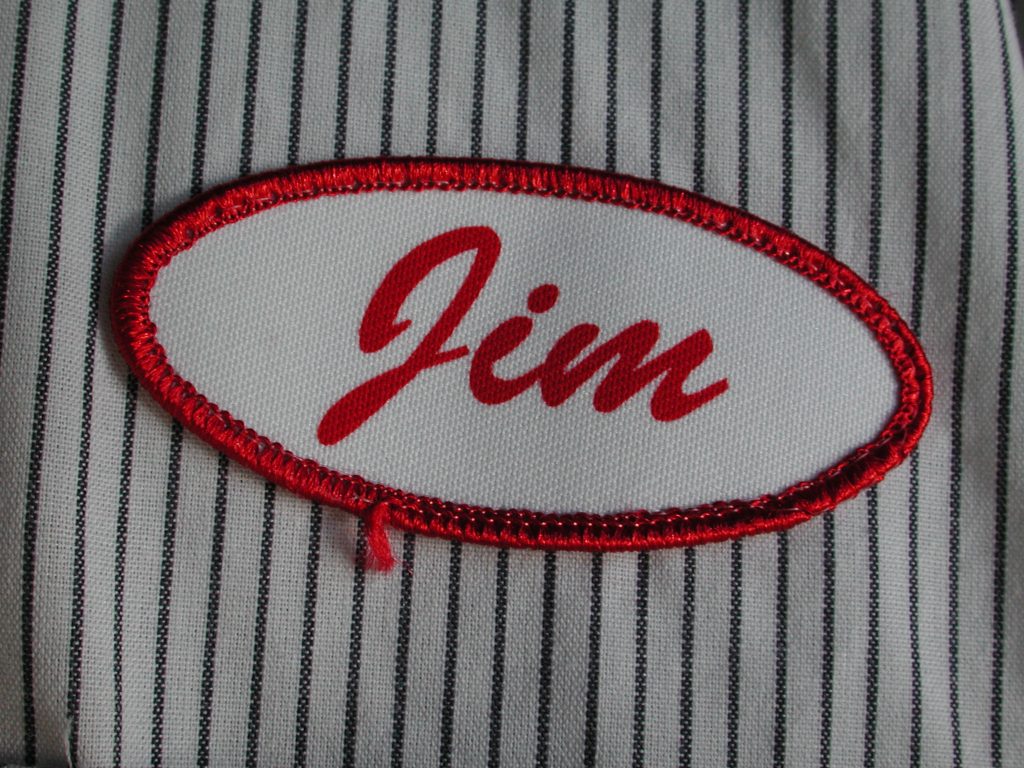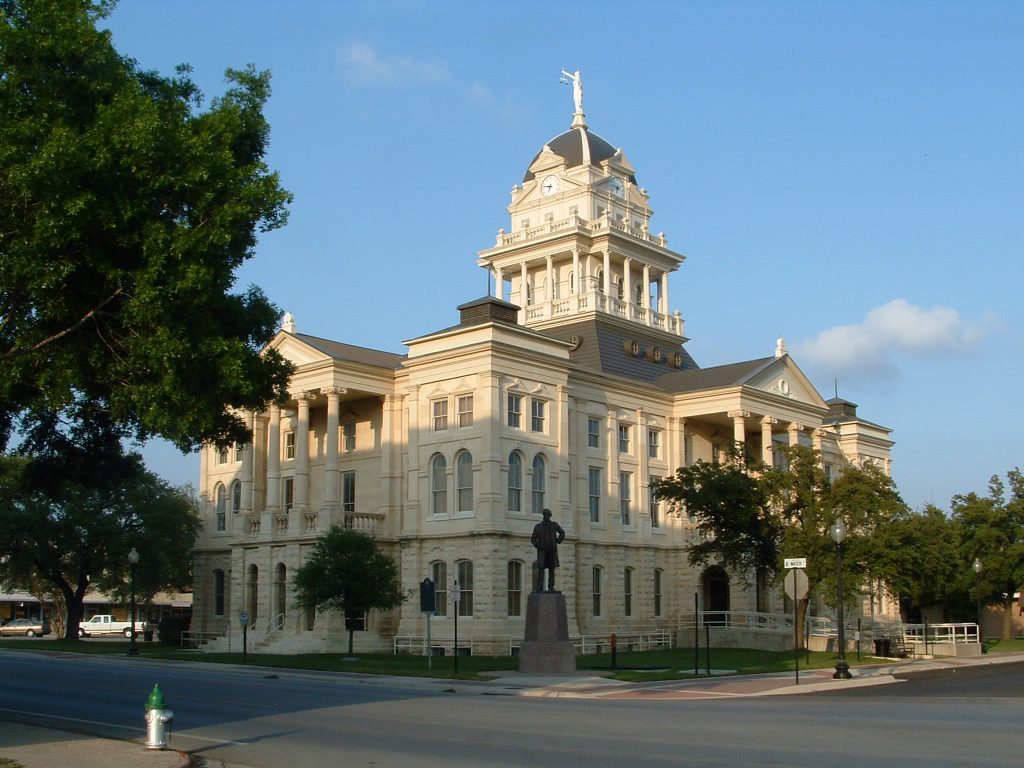 Ever wondered about the seemingly daunting world of contracts: the myriad of pages and often boring mechanical reading, not to mention those terms and conditions written in legalese? For most of us, not really. That’s for sure. But sometimes contractual disputes can be interesting. Ever hear the saying don’t mix business with pleasure? Well in a recent case, the Louisiana Court of Appeal was called upon to rule upon the terms of a settlement agreement that prohibited the parties from making disparaging or negative comments about each other.
Ever wondered about the seemingly daunting world of contracts: the myriad of pages and often boring mechanical reading, not to mention those terms and conditions written in legalese? For most of us, not really. That’s for sure. But sometimes contractual disputes can be interesting. Ever hear the saying don’t mix business with pleasure? Well in a recent case, the Louisiana Court of Appeal was called upon to rule upon the terms of a settlement agreement that prohibited the parties from making disparaging or negative comments about each other.
In 2006, Mary N. Boros and Mark Lobell, after having a four-month sexual fiasco entered into a Settlement Agreement. The Settlement Agreement contained the terms and conditions for the termination of their professional and personal relationship. A settlement agreement is a form of contract and just like any other contract its terms can be breached, or in other words dishonored by one or both of the parties who entered into the contract. The Settlement Agreement here contained, among other provisions, a provision where Mary and Mark agreed not to say or author anything that disparages, criticizes, defames or otherwise reflects negatively upon the name of the other (the “non-disparagement” clause).
From September 22, 2003, through October 6, 2006, Mary was employed by a Louisiana company, Performance Medical, Inc. The company owned by Mark. While Mary was employed by Performance Medical she engaged in a consensual sexual relationship with Mark, which lasted for approximately four months. The facts are up in the air as to the circumstances surrounding Mary’s eventual termination from Mark’s company, but after Mary threatened to file a sexual harassment lawsuit against Mark the parties entered into the Settlement Agreement. The controversy arose when Mary began a competing limited liability company named Specialized Diagnostics, L.L.C., and Mark allegedly infringed on her business by among other things making defamatory statements which included statements to the effect that Mary’s business practices were illegal. So, on December 18, 2007, Mary filed a petition for damages against Mark and his companies, alleging that he and/or members of his staff violated the non-disparagement clause of the Settlement Agreement.
 Louisiana Personal Injury Lawyer Blog
Louisiana Personal Injury Lawyer Blog


 As the adage goes, there are two sides to every story and when it comes to lawsuits, the details of those stories can make the difference between a courtroom success and a case never making it to trial. A case arising out of Mandeville, Louisiana is the perfect example of just how important the details of a story can be.
As the adage goes, there are two sides to every story and when it comes to lawsuits, the details of those stories can make the difference between a courtroom success and a case never making it to trial. A case arising out of Mandeville, Louisiana is the perfect example of just how important the details of a story can be.  The law often hinges on technicalities, which is why technical accuracy is critical in ensuring that all parties to a lawsuit have a fair and adequate understanding of the issue and that courts operate efficiently. Despite this importance, courts do not want justice to be skirted on the sole basis of a technical error. The Second Circuit Court of Louisiana emphasized this sentiment when it allowed a woman to recover damages for battery, despite the fact that she only alleged negligence in her pleadings. The court was able to do so under Louisiana’s fact-pleading system which allows recovery as long as the facts necessary to establish a claim are pled.
The law often hinges on technicalities, which is why technical accuracy is critical in ensuring that all parties to a lawsuit have a fair and adequate understanding of the issue and that courts operate efficiently. Despite this importance, courts do not want justice to be skirted on the sole basis of a technical error. The Second Circuit Court of Louisiana emphasized this sentiment when it allowed a woman to recover damages for battery, despite the fact that she only alleged negligence in her pleadings. The court was able to do so under Louisiana’s fact-pleading system which allows recovery as long as the facts necessary to establish a claim are pled.  Discrimination has always been a controversial topic in America and especially salient in the workplace context. The following case arises out of a situation where an employee felt that she was discriminated against based on her race and disability. She sued in federal court based on federal and state discrimination laws.
Discrimination has always been a controversial topic in America and especially salient in the workplace context. The following case arises out of a situation where an employee felt that she was discriminated against based on her race and disability. She sued in federal court based on federal and state discrimination laws. Law enforcement agencies throughout the country have been under intense scrutiny over the past few years because of controversial policies and procedures. However, one agency in Louisiana, the Sheriff’s Office of St. John the Baptist Parish, faced another type of scrutiny surrounding the termination of a high-ranking official. The termination resulted in a lawsuit based on federal and state law.
Law enforcement agencies throughout the country have been under intense scrutiny over the past few years because of controversial policies and procedures. However, one agency in Louisiana, the Sheriff’s Office of St. John the Baptist Parish, faced another type of scrutiny surrounding the termination of a high-ranking official. The termination resulted in a lawsuit based on federal and state law. When the government takes privately owned property to be used for the benefit of the public, it is called an expropriation. Federal and state law prohibit the government from taking private property without compensating the owner. The Louisiana Constitution provides that property shall not be taken or damaged by the State except for a public purpose and with just compensation paid to the owner of the private property. A landowner whose property is expropriated by the State is to be compensated so that he remains in the equivalent financial position he enjoyed before the taking. The following case provides a concrete example of such a situation.
When the government takes privately owned property to be used for the benefit of the public, it is called an expropriation. Federal and state law prohibit the government from taking private property without compensating the owner. The Louisiana Constitution provides that property shall not be taken or damaged by the State except for a public purpose and with just compensation paid to the owner of the private property. A landowner whose property is expropriated by the State is to be compensated so that he remains in the equivalent financial position he enjoyed before the taking. The following case provides a concrete example of such a situation. When someone with a family and a business suddenly dies, sensitive estate issues arise and can often become complicated, especially if the decedent was in the midst of strained business negotiations or when the death was the result of a suicide. In these situations, it’s essential for surviving family members to hire a good attorney in order to keep a stressful situation from deteriorating further. The following case illustrates such a situation.
When someone with a family and a business suddenly dies, sensitive estate issues arise and can often become complicated, especially if the decedent was in the midst of strained business negotiations or when the death was the result of a suicide. In these situations, it’s essential for surviving family members to hire a good attorney in order to keep a stressful situation from deteriorating further. The following case illustrates such a situation. It is common for Louisiana residents who are injured due to another person’s negligence to seek financial compensation through a personal injury lawsuit. Typically, these types of lawsuits will pursue compensation to cover medical expenses that are incurred by the victim for the treatment of the injury they suffered, among other damages. That is exactly the approach that Destiny Guidry decided to take after she claimed that she was injured in an incident at a grocery store in Lake Charles back in 2011.
It is common for Louisiana residents who are injured due to another person’s negligence to seek financial compensation through a personal injury lawsuit. Typically, these types of lawsuits will pursue compensation to cover medical expenses that are incurred by the victim for the treatment of the injury they suffered, among other damages. That is exactly the approach that Destiny Guidry decided to take after she claimed that she was injured in an incident at a grocery store in Lake Charles back in 2011. When a products-related injury occurs, multiple parties may be at fault. In litigating personal injury claims, among the most important legal questions, are whom may the plaintiff recover from, if anyone, and under what theory of liability. The following case provides a good discussion of some typical theories of liability involved in products-related injury cases.
When a products-related injury occurs, multiple parties may be at fault. In litigating personal injury claims, among the most important legal questions, are whom may the plaintiff recover from, if anyone, and under what theory of liability. The following case provides a good discussion of some typical theories of liability involved in products-related injury cases. Court litigation involves the filing of multiple court submissions, and of course, deadlines. Procedural rules dictate deadlines for when certain motions need to be brought. Effective attorneys stay informed of these deadlines. Untimely filings generally result in a denial of legal relief by a court. Courts must be able to timely dispose of disputes in order to prevent a backlog of cases clogging up the court system. The following decision of the Louisiana Third Circuit Court of Appeal demonstrates the importance of deadlines in litigating claims.
Court litigation involves the filing of multiple court submissions, and of course, deadlines. Procedural rules dictate deadlines for when certain motions need to be brought. Effective attorneys stay informed of these deadlines. Untimely filings generally result in a denial of legal relief by a court. Courts must be able to timely dispose of disputes in order to prevent a backlog of cases clogging up the court system. The following decision of the Louisiana Third Circuit Court of Appeal demonstrates the importance of deadlines in litigating claims.